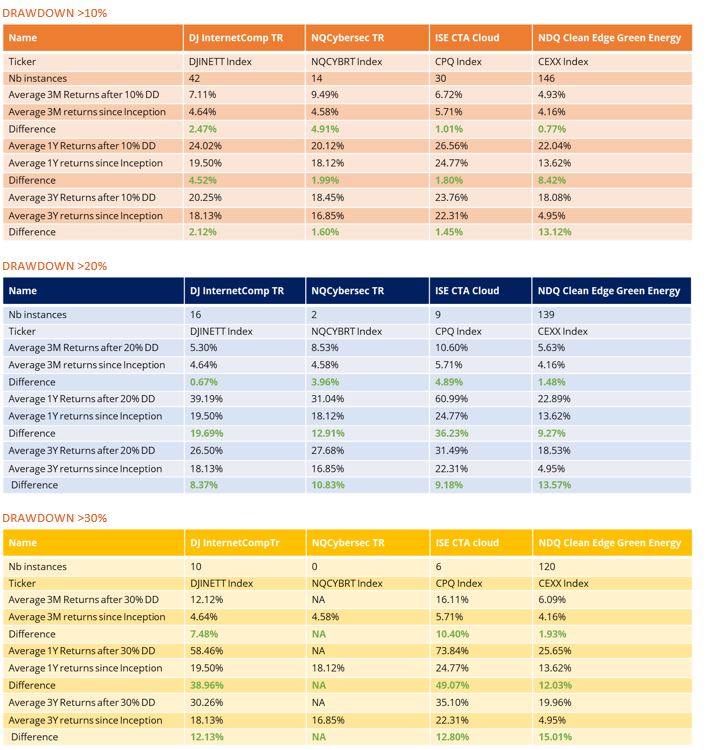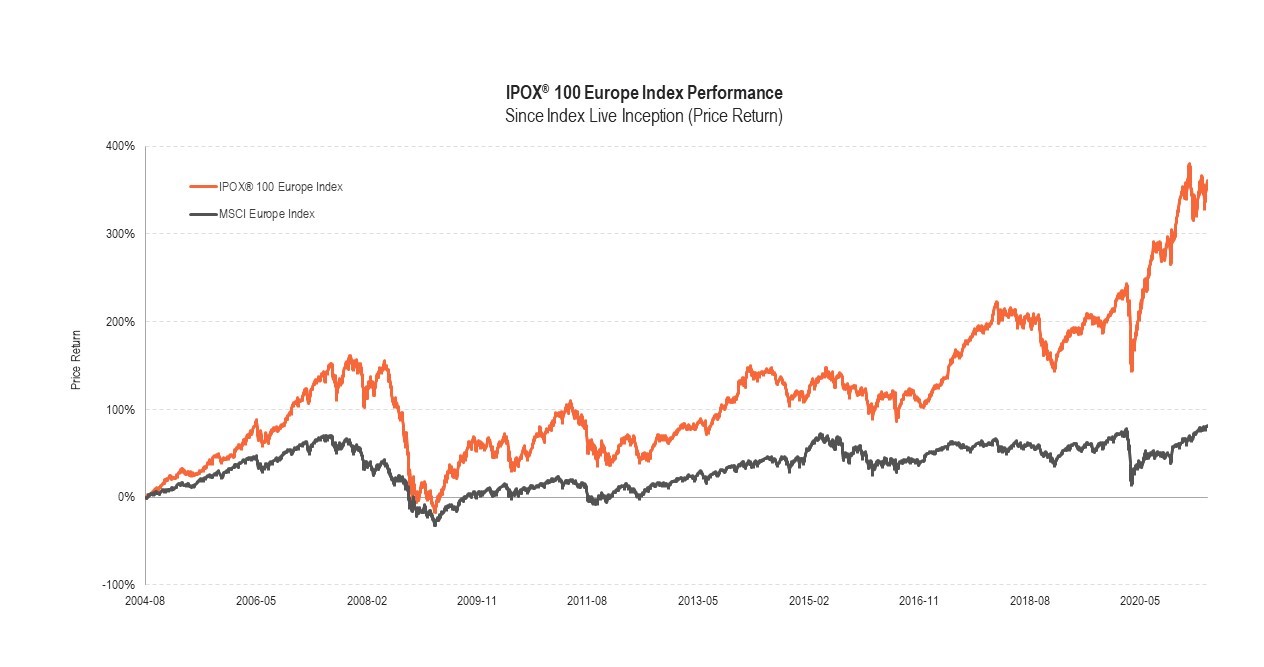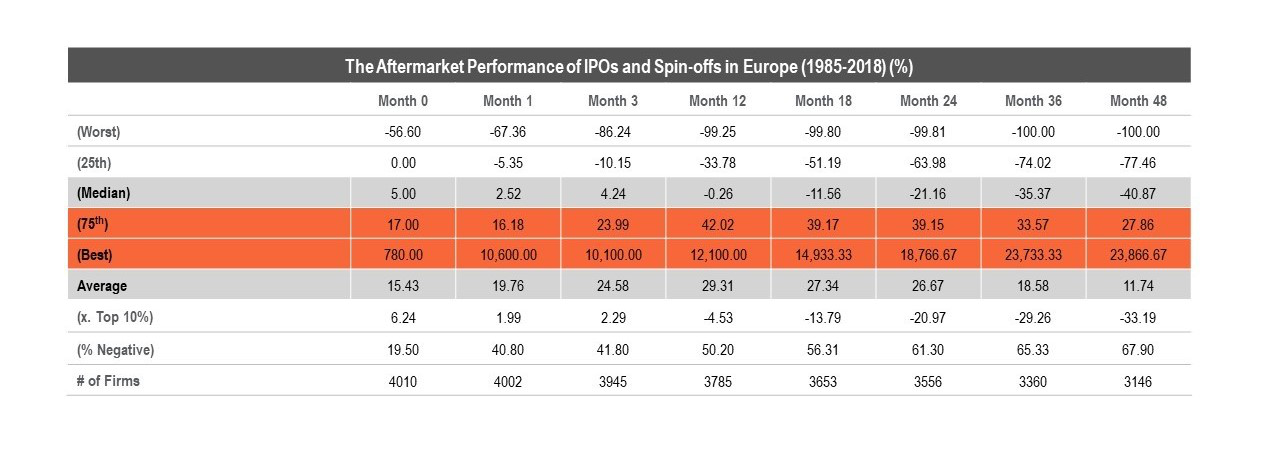Whether or not inflation is transitory or a longer-term concern for the economy, the key question facing investors is: what actual risk am I running?
If inflation increases, companies with pricing power that are able to protect their margins by passing on any price rises to the end customer may prove effective hedges against inflation.
We wrote recently about the value of a subscription based model as a possible inflation hedge, taking a closer look at how Netflix (amongst others) has managed to keep accelerating growth despite sustained price increases.
We think this highlights the potential, inflation busting characteristics of a subscription model; recurring revenue, a stickier customer base and capital-light businesses.
As we’ve highlighted, the pandemic accelerated a number of long-term structural trends, including rapid digitilisation and technological advancements. Businesses in this area tend to be light on capital and heavy on digital innovation – so theoretically may be better placed for an inflationary environment.
To best navigate a changing and complex global economic landscape, we believe a theme-based approach is more important than ever. It’s important to think about what the future may look like.
We’re making huge technological strides with recent advances including mRNA gene therapies, 5G, blockchain and the cloud.
Companies driving these structural shifts should be better positioned to retain their pricing power – leveraging competitive advantages to increase prices if and when required – ensuring they protect their margins.
And then there’s the question of where investment is heading – which again should have a big impact on prices.
What are the new areas that matter to markets? Take climate change and the clean energy transition – the sheer scale of investment in this area in combination with accelerating initiatives could potentially make investing in this trend an effective inflation hedge.
We discussed President Biden’s proposed Infrastructure Bill in our last commentary, and with politics continuing to drag on, we’ll refrain from discussing it in depth yet. However, what is clear is that there is not only a US-centric, but a global focus on infrastructure. And beyond that on green infrastructure.
The idea we mentioned earlier of ‘building back better’ as the world recovers from the pandemic is prevailing and investments in certain real assets, clean energy, and infrastructure should maintain pricing power in today’s economic backdrop.
Companies that may see immediate impact from infrastructure spending include areas such as transportation, renewable energy, clean water, smart-grid electrical networks, broadband internet and 5G.
As we highlighted above, we think companies driving these paradigm shifts could prove effective hedges against inflation, allowing them to keep pricing power if we do get a more inflationary environment.
Important Information
This financial promotion is issued by First Trust Global Portfolios Management Limited (“FTGPM”) of Fitzwilliam Hall, Fitzwilliam Place, Dublin 2, D02 T292. FTGPM is authorised and regulated by the Central Bank of Ireland (“CBI”) (C185737). The Fund is also regulated by the CBI.
Nothing contained herein constitutes investment, legal, tax or other advice and it is not to be solely relied on in making an investment or other decision, nor does the document implicitly or explicitly recommend or suggest an investment strategy, reach conclusions in relation to an investment strategy for the reader, or provide any opinions as to the present or future value or price of any fund. It is not an invitation, offer, or solicitation to engage in any investment activity, including making an investment in a Fund, nor does the information, recommendations or opinions expressed herein constitute an offer for sale of a Fund.







Share